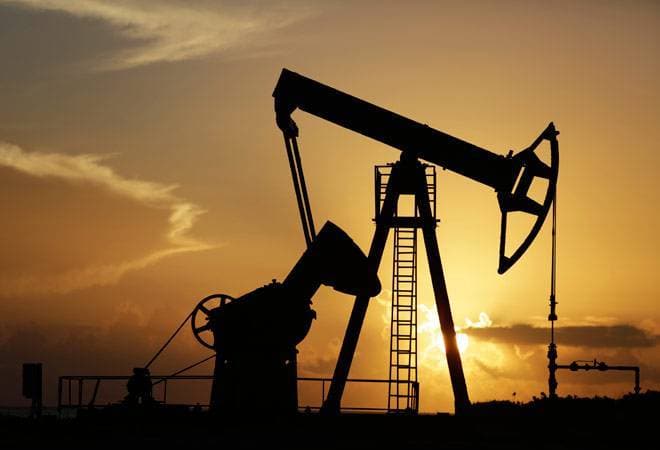ISLAMABAD: The Petroleum Division has aligned its strategy to achieve self-sufficiency in the oil and gas sector by introducing radical measures and ease-of-doing-business to ensure a level-playing field for all competitors.
In a bid to achieve self sufficiency the Petroleum Division has also done calculations pertaining to the country’s existing and future energy needs.
“As many as 40 new blocks have been identified in different parts of the country to step up oil and gas exploration activities as the existing reservoirs are fast-depleting and there has been no major discovery since long,” a senior official privy to petroleum sector developments told APP.
The new blocks would be awarded in a transparent manner through international bidding, for which necessary work is in process, he said.
The official informed that in September 2018 after the PTI government came into power, a bidding round for 10 onshore exploration blocks was conducted after a gap of almost five years, wherein eight blocks were awarded.
“The next bidding round is being planned to be held shortly in which 20 onshore blocks will be offered and efforts are being made to attract foreign companies,” he said, adding that more bidding rounds will be held in the future.
The country’s total sedimentary area currently stands around 827,268 square kilometers (km), out of which 320,741km or 39 per cent of the area is under exploration, he said.
Quoting a recent study about the fast depletion of existing hydrocarbon reservoirs in the country, he said that the deposits would further deplete by 60 per cent by the year 2027, underlining the need for accelerating exploration activities in potential areas on war-footing.
Total consumption of petroleum products in the country stood at 19.68 Million Tonne (MT) during the fiscal year 2019-20, out of which 11.59 MT was supplied through local refineries and 8.09 MT was supplied through import.
Moreover, currently gas production stands at 4 Billion Cubic Feet per Day (BCFD) compared to its demand of 6 BCFD. The 2 BFCD gap is being bridged through import of Liquefied natural gas (LNG) and Liquefied Petroleum Gas (LPG).
According to the official the Petroleum Division has granted open access to the private sector for the import of LNG besides allowing the private sector to set up its own terminals.
He said that the government has planned to introduce Euro-V fuel in the country to meet requirements of hi-tech vehicles and tackle environmental issues like pollution and smog.
He further said that general sales tax on fuels has been fixed at the rate of 17 per cent by law to streamline matters related to pricing of petroleum products.
Commenting on the country’s oil refining capacity, he said that two new modern refineries are being built, while an incentive package has been announced for the up-gradation of existing facilities.
He said that the government has also simplified the approval process for those who want to work in the exploration and production business.
The official said that the government has finalised the new downstream oil policy, whereas the work on dualisation of the white oil pipeline would start soon.
Moreover, he said that engineering work is being carried out for the development of underground storage capacity.
The official further said that the Boards of Directors (BoD) of ten companies have been reconstituted adding that professional Chief Executive Officers (CEO) have been appointed at Pakistan State Oil (PSO) Company Limited, Oil and Gas Development Company (OGDC) Limited, Pakistan Mineral Development Corporation and Government Holdings (Private) Limited.
He said lab testing facilities of Hydrocarbon Development Institute of Pakistan are also being upgraded to ensure provision of quality petroleum products across the country.
During the period from August 18, 2019 to April 30, 2020, Exploration and Production (E&P) companies have drilled around 142 wells, out of which 50 were exploratory and 92 were related to appraisal/developmental. As a result, as many as 26 discoveries with initial flow of 6,799 Barrels per Day (BPD) oil and 234 Million Cubic Feet per Day (MMCFD) gas were announced.
According to the official, the E&P companies have added 9,444 BPD oil and 218 MMCFD gas to the national pool against the depletion of 9,611 BPD oil and 279 MMCFD gas from operational wells.
Till May 21, 2020, the government had collected Rs142.977 billion from different E&P companies, out of which Rs51.196 billion were received on account of crude oil and Rs91.781 billion for extraction of natural gas.




